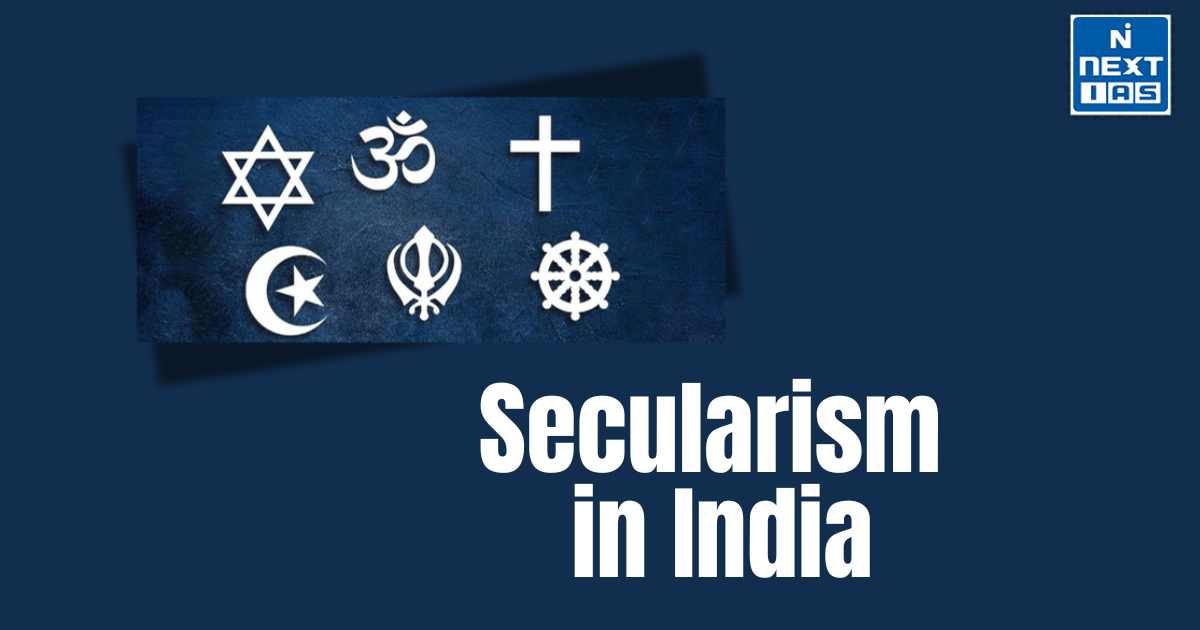**Secularism: A Foundation of Unity**
Secularism is the principle that promotes the separation of religion from government and ensures equal treatment of all religions. In a secular country, no religion is given special status, and people are free to practice, preach, or even not follow any religion. This idea helps maintain peace, harmony, and mutual respect among citizens of different faiths.
India is a shining example of secularism, where people belonging to Hinduism, Islam, Christianity, Sikhism, Buddhism, and other religions live together. The Indian Constitution guarantees freedom of religion to all citizens and prohibits discrimination based on religious beliefs.
Secularism is important in a diverse society because it protects individual rights, encourages tolerance, and prevents religious conflicts. It also ensures that laws and policies are made for the welfare of all, not based on any religious teachings. In schools, workplaces, and public life, secularism promotes fairness and inclusivity.
However, maintaining secularism requires effort. People must stay aware, respect differences, and stand against communalism and hatred. Leaders and citizens alike must work together to keep religion a personal matter and not a political tool.
In short, secularism is essential for national unity, democracy, and peaceful co-existence in a multicultural society like ours.

